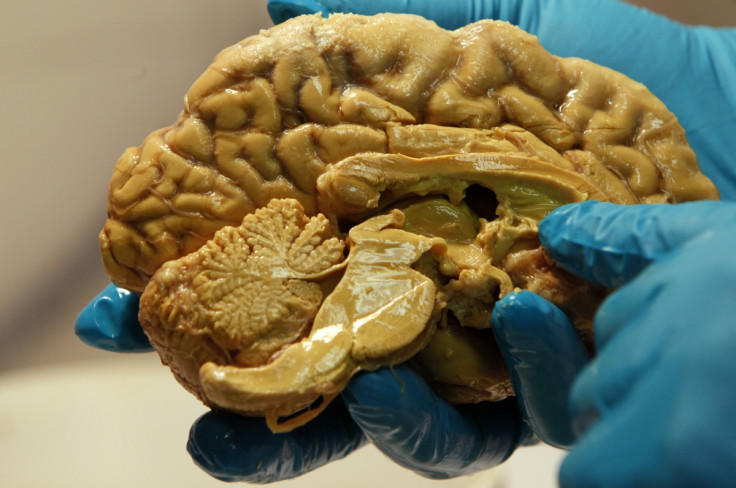ADHD 'Not a Real Disease' Says American Neuroscientist

Leading American neuroscientist Dr Bruce D Perry has claimed that attention deficit hyperactivity disorder (ADHD) is not "a real disease".
"It is best thought of as a description. If you look at how you end up with that label, it is remarkable because any one of us at any given time would fit at least a couple of those criteria," he said.
Perry, the senior fellow of the Child Trauma Academy in Houston, Texas, is set to meet work and pensions secretary Iain Duncan Smith and health secretary Jeremy Hunt after arriving in Britain.
His comments come after revelations that prescriptions for ADHD methylphenidate drugs, such as Ritalin, used to treat children have increased by 56% between 2007 and 2012, from 420,000 to 657,000.
"We are very immature in our current evolution of giving diagnoses. One hundred years ago, someone would come to the doctor and they would have chest pain and would be sweating. And they would say, 'Oh, you have fever.' They would label it, just like we label it [ADHD] now. It's a description rather than a real disease," he said.
Such symptoms used to diagnose ADHD, as described by Perry, are impulsiveness, poor attention span and hyperactivity for long periods of time.
Non-pharmacological options preferred
Perry claims that animal studies show that giving psychostimulants to children is not always the best option when non-pharmacological treatments are shown to have just as much impact.
"If you give psychostimulants to animals when they are young, their rewards systems change. They require much more stimulation to get the same level of pleasure.
"So on a very concrete level they need to eat more food to get the same sensation of satiation. They need to do more high-risk things to get that little buzz from doing something. It is not a benign phenomenon.
"Taking a medication influences systems in ways we don't always understand. I tend to be pretty curious about this stuff, particularly when the research shows you that other interventions are equally effective and over time more effective and have none of the adverse effects. For me it's a no-brainer.
"There are a number of non-pharmacological therapies which have been pretty effective. A lot of them involve helping the adults that are around children," he continued.
Perry then turned to the role of parents, saying that some of the best treatment options include returning to the root cause of the problem and helping the parents around the children.
"Part of what happens is if you have an anxious, overwhelmed parent, that is contagious. When a child is struggling, the adults around them are easily disregulated too. This negative feedback process between the frustrated teacher or parent and disregulated child can escalate out of control.
"You can teach the adults how to regulate themselves, how to have realistic expectations of the children, how to give them opportunities that are achievable and have success and coach them through the process of helping children who are struggling."
Approximately 132,000 children and young people have been diagnosed with severe ADHD in the UK, or 1.5% of this age group.
© Copyright IBTimes 2025. All rights reserved.






















